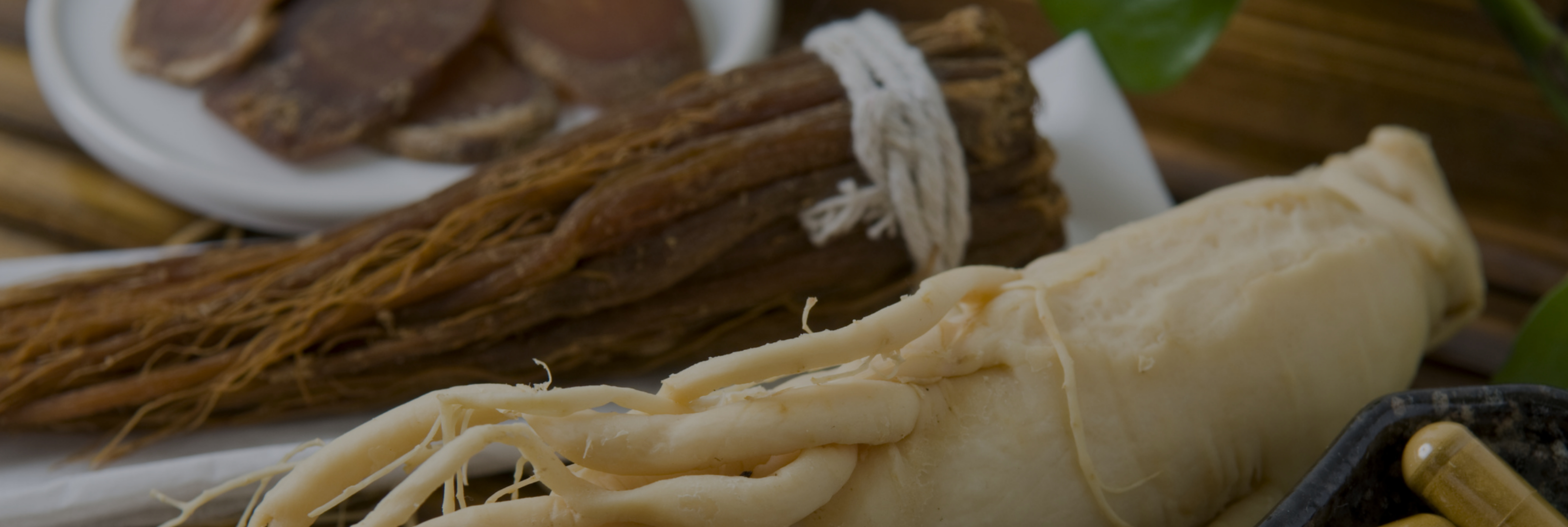You have planned to use a botanical extract in a new formulation, but you wonder what to choose. And what if one botanical powder was a better choice for your project?
That question is frequently asked during the development of dietary supplements. It’s important to know the different specificities of these two botanical ingredients prior to making your selection.
Powders and botanical extracts are two types of ingredients which are commonly used during the development of dietary supplements. While both these products are focused on the benefits from natural active components, there are some substantial difference with regard to preserving the plant totum.
In fact, plant extraction involves isolating some components at the expense of others. On the other hand, the botanical powder manufacturing process preserves all active components and their integrity.
This is a major difference as this impacts the expected benefits of each ingredient. It should be recalled that medicinal plants can contain several thousand potentially active components particularly due to synergy action. It is fair to talk about potentiation of botanical powder: the activity of a mixture of active components is superior to that of an isolated component.
Learn how to choose a botanical powder!
During the development of dietary supplements, botanical powders can be used in many cases. In preserving the vegetal matrix, botanical powders can be viewed as the most traditional solution to reap the benefits of plants by capitalising on products containing the full spectrum of botanical actives.
Only some cases necessarily require using botanical extracts. These situations are oftentimes based on product specifications requirements: the issue of space limitations, the use of a carrier agent in addition to formulating a liquid product requiring perfect solubility
Note : Botanical powders are sometimes wrongly excluded from liquid formulations. They can be used for products not requiring perfect solubility including smoothies and reconstituted drinks.
The choice of ingredients in the formulation of dietary supplements is crucial for a variety of reasons. As previously mentioned, this can impact the effectiveness of the end product. A botanical powder is focused on synergy action while a botanical extract is oftentimes concentrated on a maximum of one or two active components.
The composition of dietary supplements may likewise impact consumer perception. Nowadays consumers are responsive to the notion of naturalness. Certain ingredients can be considered inadmissible when purchasing a dietary supplement. We think in particular of certain additives such as maltodextrin associated with botanical extracts.
On the other hand, there are products which are praised by consumers for their natural aspect. This is the case for 100% botanical powder which contains neither carrier agents nor additives. Ginger powder, like turmeric, are examples associated with ancestral use in traditional medicine.
To go even farther, the choice of organic botanical powders can have a positive influence on consumer perception.
Download our free ebook and find out which botanical ingredient is best suited for your formulation!
CEO & Partner Natural Origins - Head of Innovation





Leave a comment